On the island of West Sumatra lives the largest matrilineal group in the world, the Minangkabau - about 6 million people. Famous for their social system in which all the properties and the name of the clan are transmitted from mother to daughter, while Islamic law of inheritance benefits men.
The paradox is the mix between the very specific matrilineal organization and the strictest of the Islamic community in Indonesia, which has re-established the sharia and the stoning of adultery women in the province of Aceh, in the North. The Minangkabau are organized in clans and their way of life draws from customary law, which determines a set of rules and codes predating Islam. Even though they are Muslims, they have ancient oral traditions that continue to govern matters of marriage, and heritage. This is called the Adat.
The man has little influence in the house, which belongs to the woman and the maternal clan. If a man wants to take, for example, the special and honorary role of a sort of chieftain, by becoming Panghulu, he must be “a good mother” as expressed by the women.
If he becomes Panghulu, he can settle the disputes (land, rituals, matrimonial) of his clan. He is then the representative of the matriarchal clan and the expert in the teaching of Adat to his nieces and nephews. But before communicating an opinion to the world outside the clan, he must first have the approval of the women of the clan. Minangkabau recognize biological paternity, honor it, but it plays a minor role in the established social order.
Before the establishment of Islam in Sumatra, the Minangkabau practiced a form of animism codified by unwritten rules called adat. They succeeded in creating an alliance between adat, which gives a major place to women, and Islam.
In Pandai Sikek, the Keto family (mother's clan name) has been living in this rumah gadang (big house) for eight generations. These types of houses belong to women. But people live less and less in them since they are often in ruins, too expensive to renovate and ill-suited to today's lifestyle - most people would rather move to modern homes.
Adat still strongly permeates the lives of people in the countryside and in the cities. The tanah adat are customary lands over which the local population considers to have ancestral rights. These rights can conflict with those of the state. Thanks to agricultural land being the property of the women's clan, the adat can be preserved and cannot be sold, it is harta-pusaka. This adat economy allows women to be self-sufficient.
While Koranic law only gives girls one-third of the inheritance, the adat is still pertinent in the Sumatra province. Houses, land and rice fields, all ancestral goods of a Minangkabau family, are passed down through the female line. Here sugar cane is produced, which will then be sold at the market. The agricultural products of the land can only be sold by women.
In this household the married couple resides with the parents of the bride, thus giving the woman a trump card since she can kick her husband out at any time. It is definitely an asset in marital relations. But the man’s situation is not that fragile since he can at any time seek refuge at his mother’s or sister’s house.
The Induah is the matriarch, the oldest woman of the matriarchal clan. She takes all-important decisions involving the clan household and manages the business assets of both women and men.
An avuncular society sees the mamak or maternal uncle, not the father, take care of the education of his nieces and nephews. But decision-making power remains in the hands of the clan’s women.
The Republic of Indonesia recognizes adat, alongside civil law inherited from Dutch colonization, and Muslim law.
The woman is the embodiment of Bundo Kanduang, the royal title of the mythical ancestor and founding queen of the Minangkabau. Every elderly woman wears this title when performing sacred ceremonies.
A muslim religious marriage might be inescapable, but what matters socially and symbolically is a wedding according to ancestral custom. Kartika will get married and become Rahman's wife, but as tradition dictates each will keep its surname. The children will bear the name of their mother's clan, the suku.
The man lives between his wife's house as a visitor and his mother's house where he also resides. This is the "wedding visit". Today, however, couples increasingly live together in the woman's house.
According to the tradition of the adat, it is the wife's family that comes to ask for the groom's hand. On the day of the wedding ceremony, the bride will fetch the bridegroom from his home, who will enter his wife's family group. This is the principle of matrilocality.
In the event of divorce, the wife retains custody of the children, property and house even if the acquisition was made jointly.
Rosi works at a gas station, a difficult job that often requires being around until late at night. Fortunately, the family clan is responsible for the education of the children. To encourage women to work and thus have access to a better standard of living, the Indonesian authorities have implemented a policy that limits the number of children per family to two.


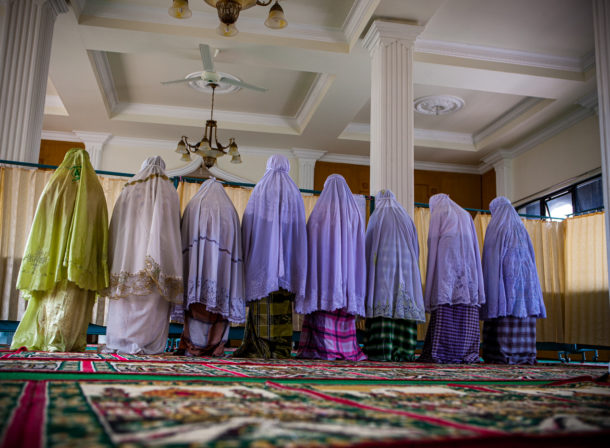














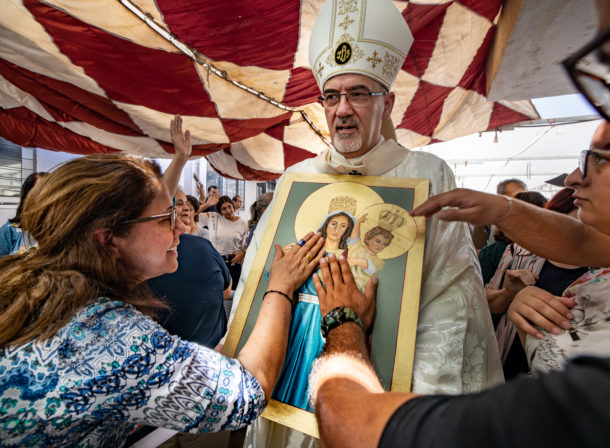
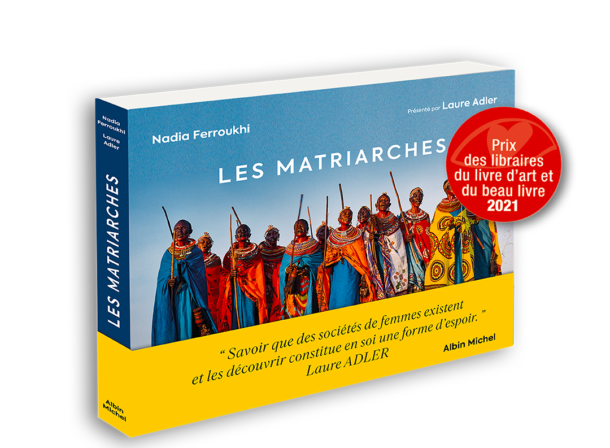

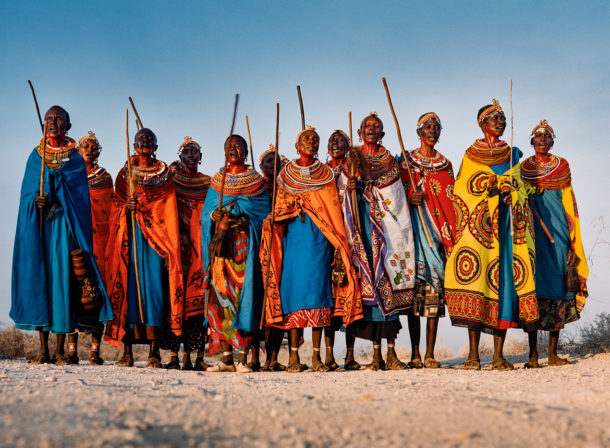

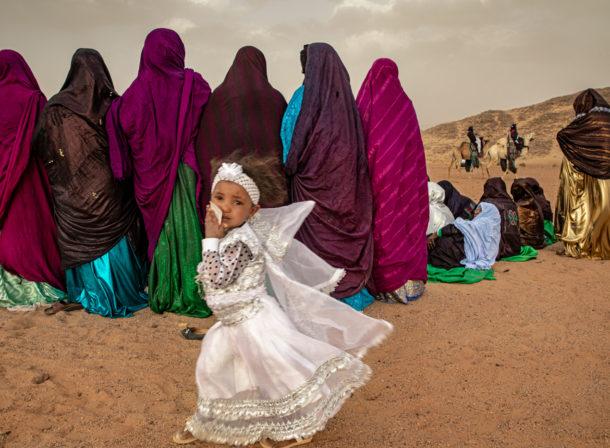
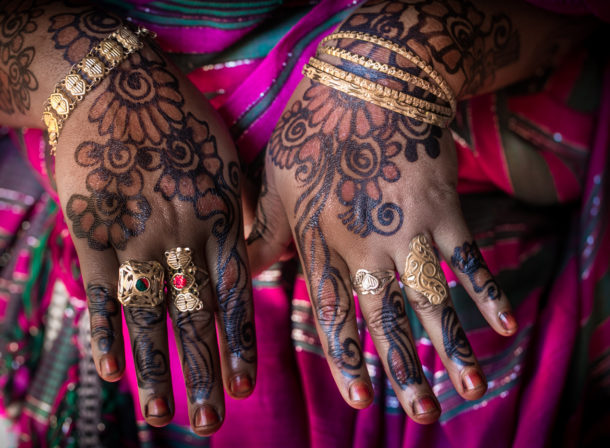
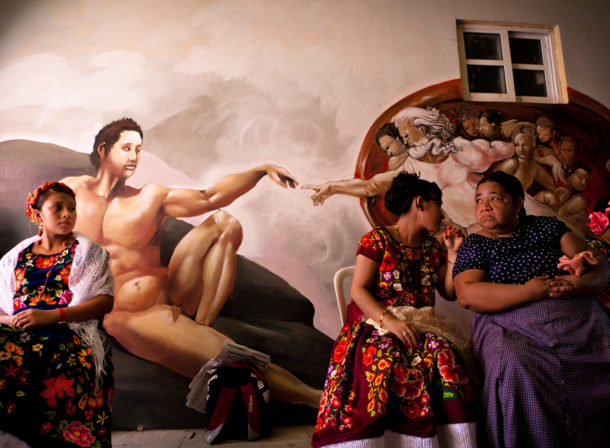

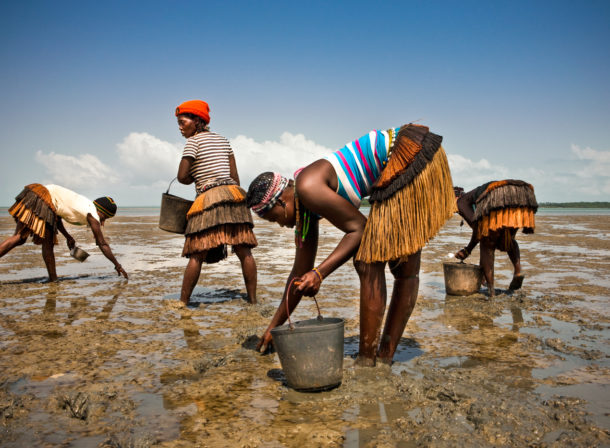
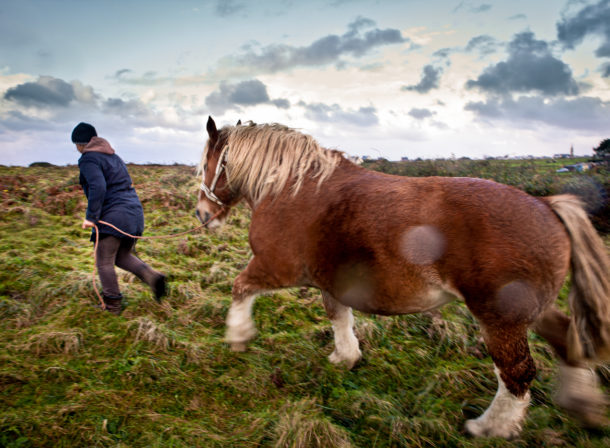
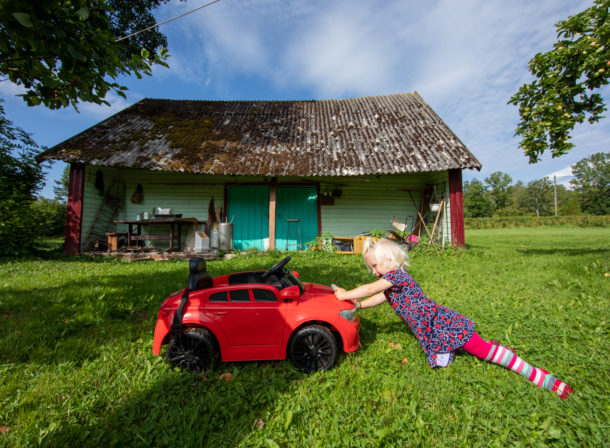

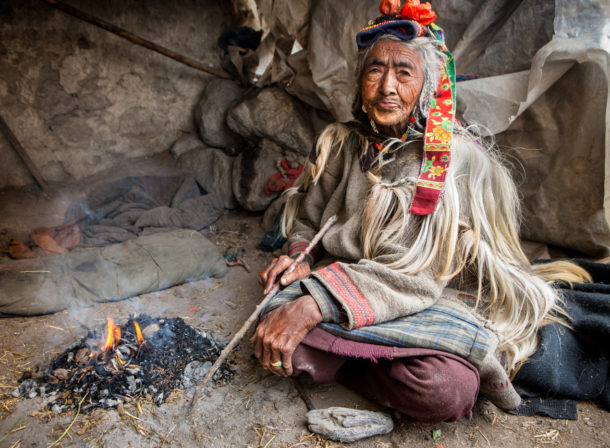


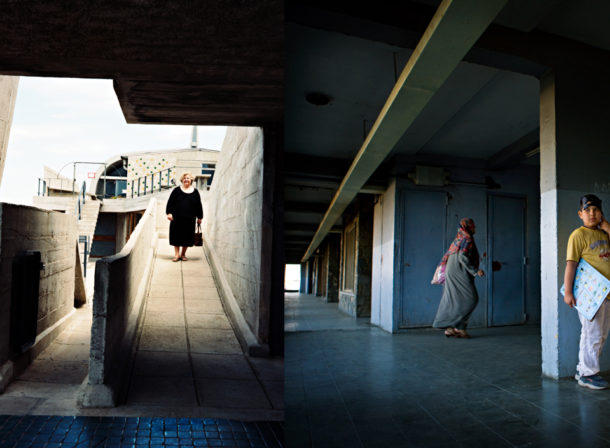

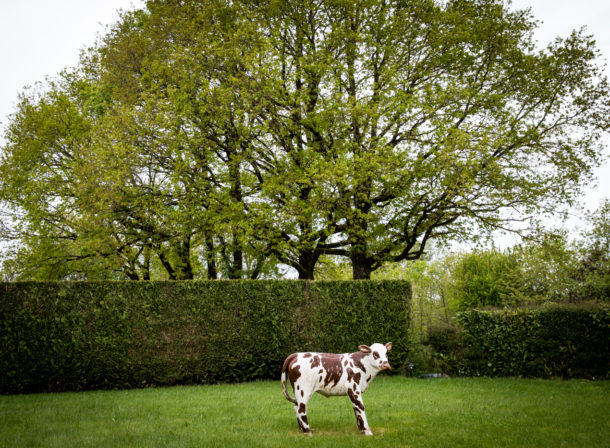
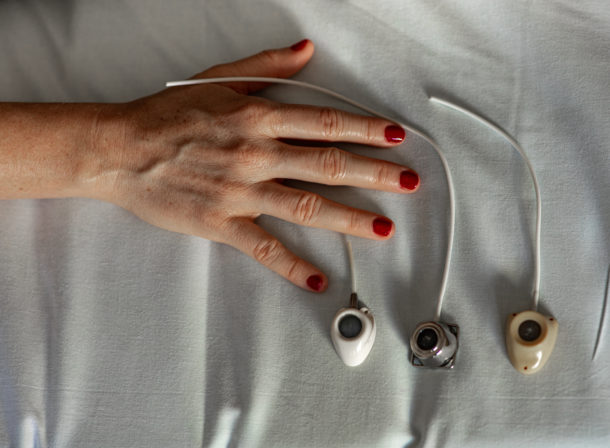







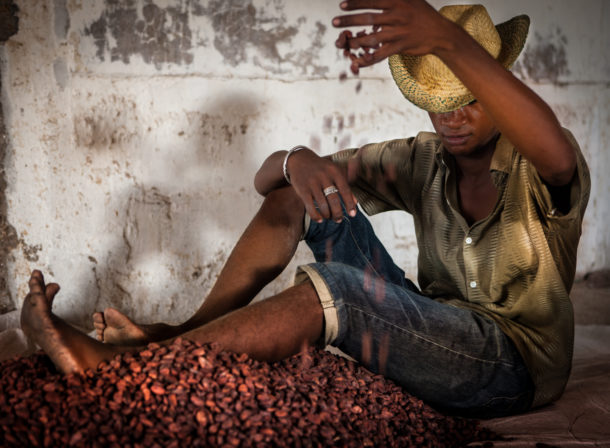

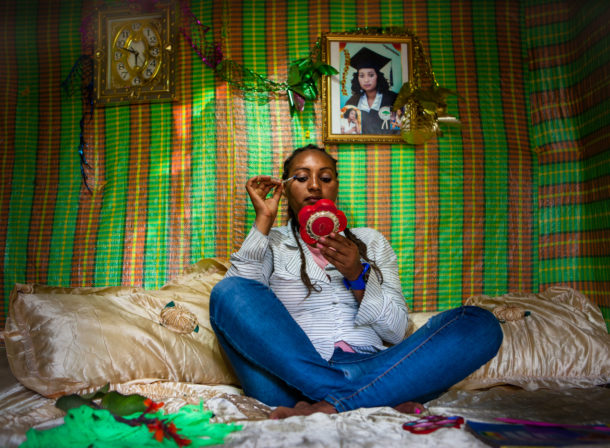

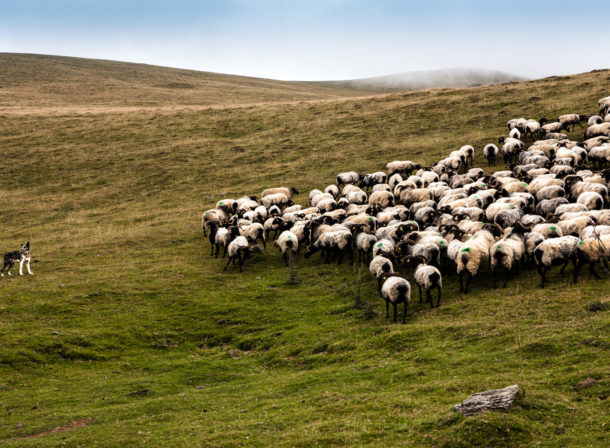
I wish I had some of this knowledge when visiting Sumatra. Indonesia as a whole has many interesting and varied peoples with different customs and remnants of older religions. Hopefully the diversity will continue despite the pressures.